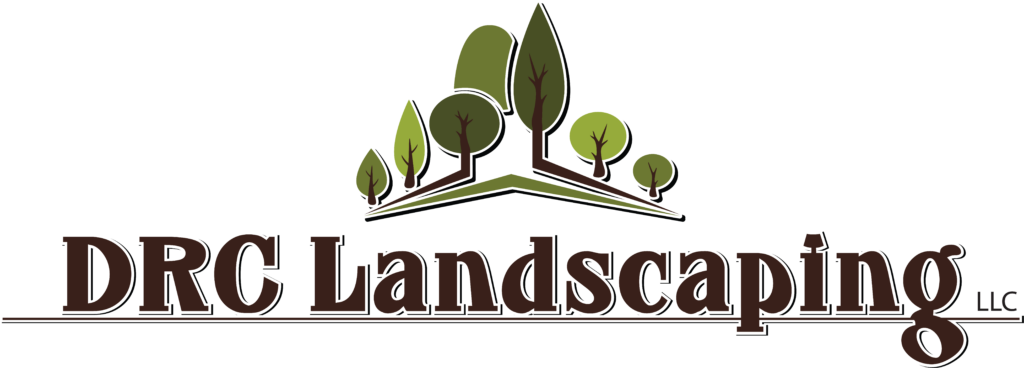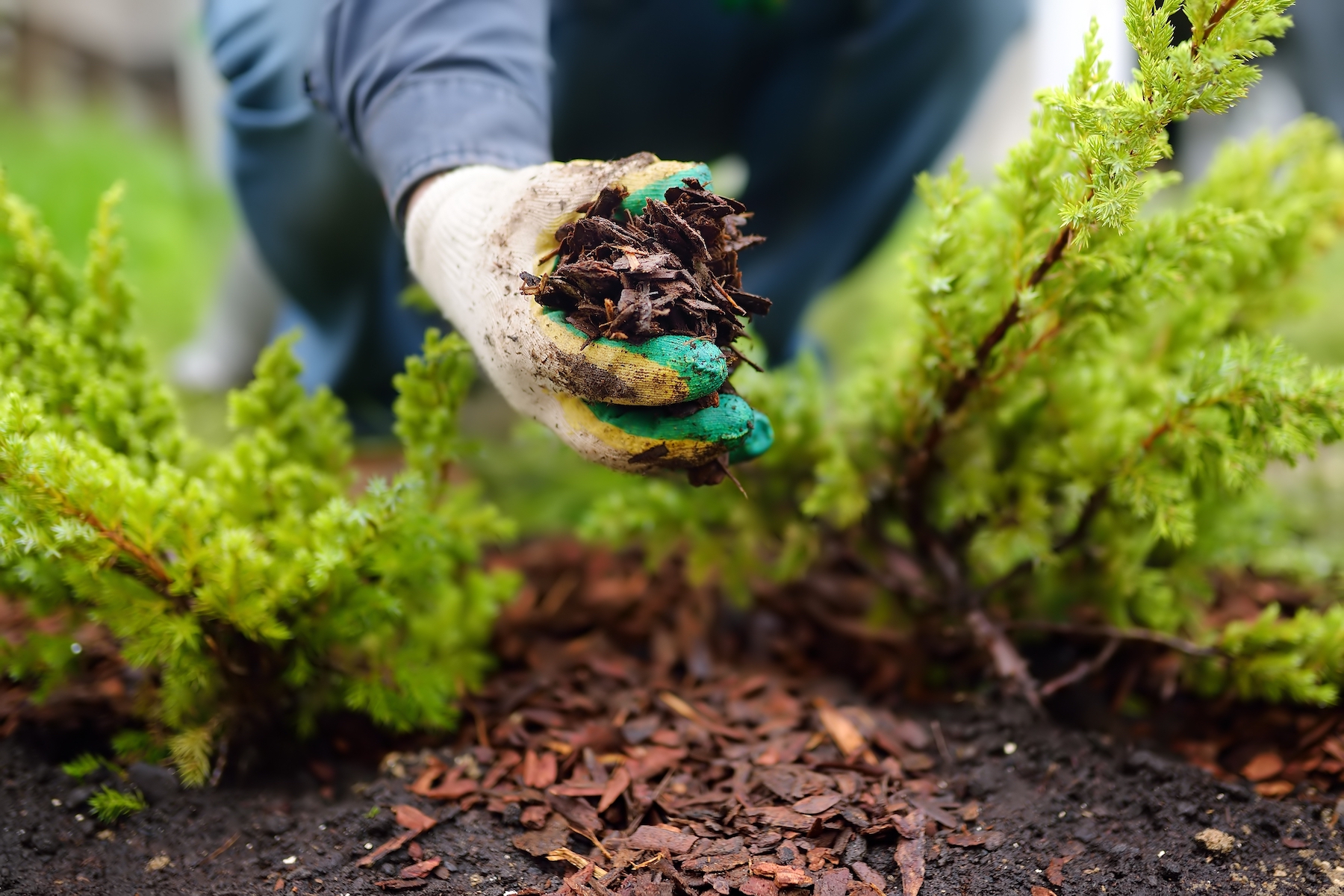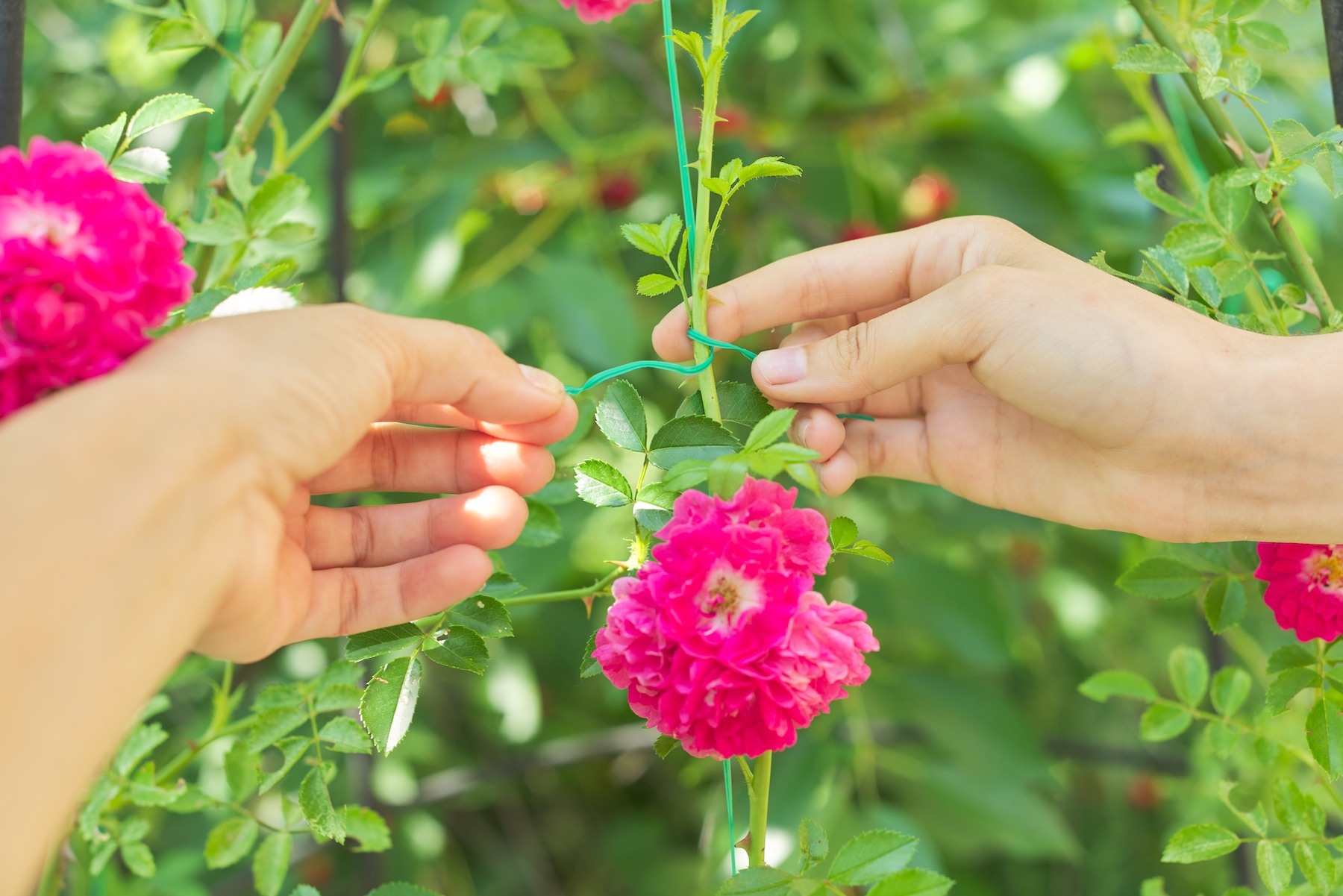With the mix of warmer days and chillier nights, you may be thinking that your plants will have difficulty adjusting to the temperature changes. When upgrading your landscape design, it is vital to consider the types of plants you choose for this reason.
Plants often thrive on the environment around them, including food and water sources and climate; however, organic matter such as soil and mulch is equally vital for trees and shrubs to thrive. Landscaping in Nevada relies on the ability of plants to retain moisture and regulate soil temperature.
What is mulch?
Mulch is the material that covers the surface of the soil. In other words, mulch can mean any type of covering, including fallen leaves, plant debris, compost, wood chips, manure, or cardboard. When correctly applied to flower beds and landscaping, mulch has many sustainable and ecological benefits because it provides soil with the proper nutrients to create a nourishing environment for plants.
Benefits of Mulch
There are many different types of mulch, such as wood chips, rocks, or gardening mulch. When considering which type of mulch to put down for your flower beds, think about whether you want non-organic or organic mulch. When applied to your gardens as a part of your landscaping project, mulch helps protect the soil’s surface. On hot days, like the summers of Nevada, mulch cools the soil, preserving its moisture and fighting off weeds. In turn, mulch creates a healthy environment for plant roots to take place.
The right mulch will provide numerous benefits for your plants. Rock mulch, for instance, works best for species of plants that are often found in the desert. Wood chips, on the other hand, are best applied to non-desert species of plants. Regardless of the type of mulch you choose, a single layer can prolong the days between irrigations.
If you or your landscaping contractor is putting down mulch, then it is best to choose a specific time of day to do so. Instead, it would be best if you considered applying mulch last after planting your flowers in fresh soil. The best time to plant your flowers is before the hottest part of the day — in the morning, for instance — because plant roots like to be surrounded by soil that is moist and wet when the weather gets hot. After a fresh bed of moist soil for your plants, it is time to mulch.
Mulch keeps your soil healthy and improves its fertility over time, reducing effects from harsh winter weather and protecting soil from erosion. As a matter of fact, without mulch, our plants would have difficulty getting the proper hydration it needs to grow. Mulch plays a vital role in the breakdown of soil and the strengthening of soil structure.
In some cases, landscaping companies will tell you that mulch repels lawn pests like ticks, gnats, and fleas. Then, without mulch, plants would constantly be attacked by pesky insects and suffer damage to their roots and leaves. Mulch keeps plants clean and away from the dirt, so those that are vulnerable to disease are protected.
How to Choose the Right Mulch
Your ideal mulch should include microbes that facilitate drainage so water and air can reach the soil and prevent the growth of weeds. The right mulch for your landscaping needs will be determined based on cost, availability, ease of application, organic and inorganic, and how it looks in your garden. Mulch comes in a variety of textures and colors. Here are some different types of mulch:
Grass clippings
This organic form of mulch is readily available but needs to be either dried first or thinly spread before use. Processing the grass clippings prevents them from turning into a hot, slimy, and stinky mess.
Pine needles
An organic type of mulch, pine needles present a much more attractive look to your yard. Not only do they take longer to break down, but they aren’t as acidic as other forms of mulch, so they are a great option if you don’t want to change your soil’s pH levels.
Compost
Usually a readily available source, compost is an organic form of mulch that rapidly breaks down to improve soil structures. You can easily make your own compost, but if you don’t, contact your local agricultural department to access their composting facility.
Black plastic mulch
An inorganic form of mulch, black plastic mulch provides soil with warmth in the spring, reduces water loss, and provides convenience.
Landscape fabric
Landscape fabric breaks down weeds and prevents them from growing, allowing air, fertilizer, and water to move freely through the soil. This is an inorganic type of mulch that retains moisture for the soil and is known to resist decomposition.
Mulch can be a great way to help your soil retain moisture in varying seasonal temperatures. Great mulch presents healthy soil and plant roots, which result in flourishing flowers. When considering your next landscaping design and installation project, contact a landscape contractor or company such as DRC Landscape for help on the best mulch for your garden.



